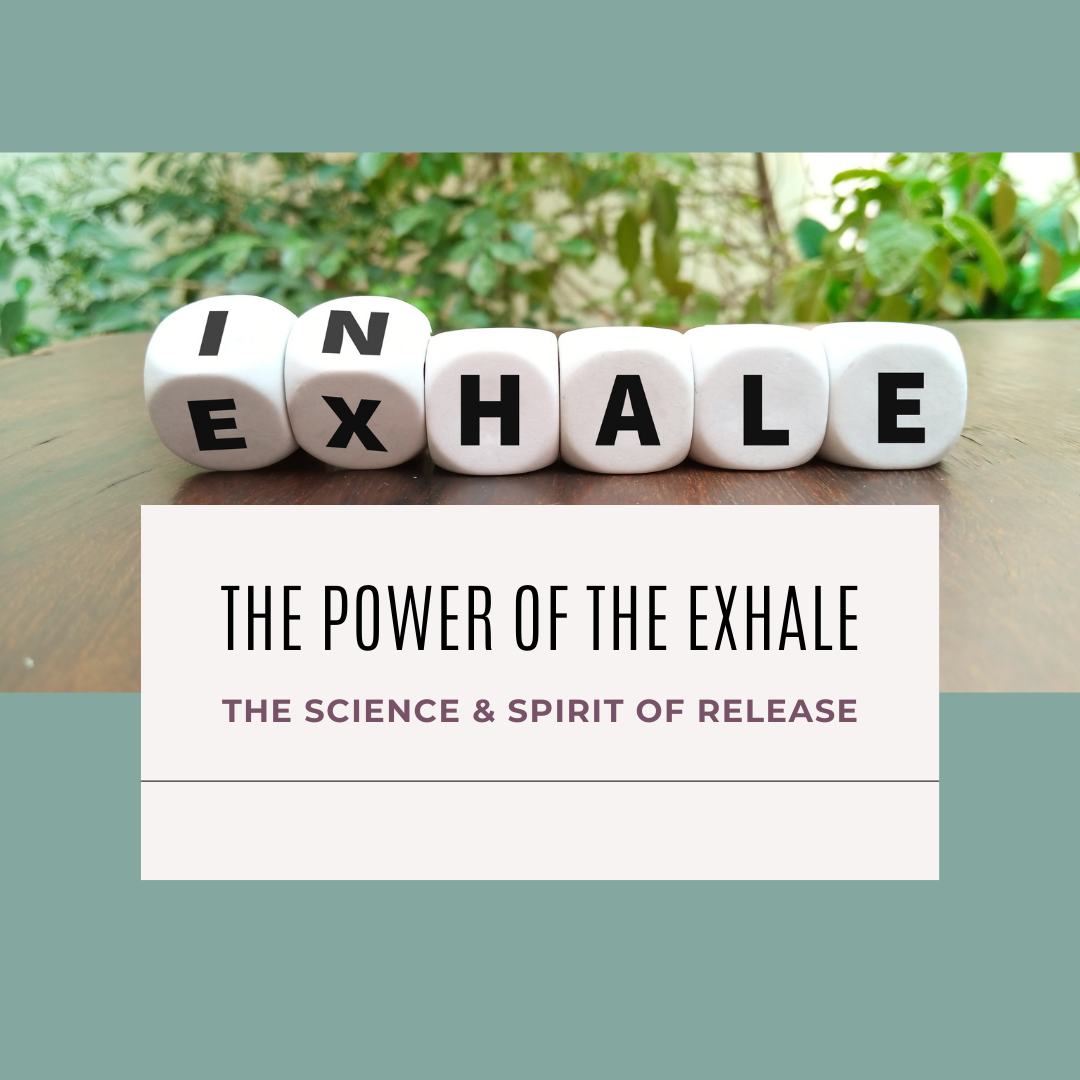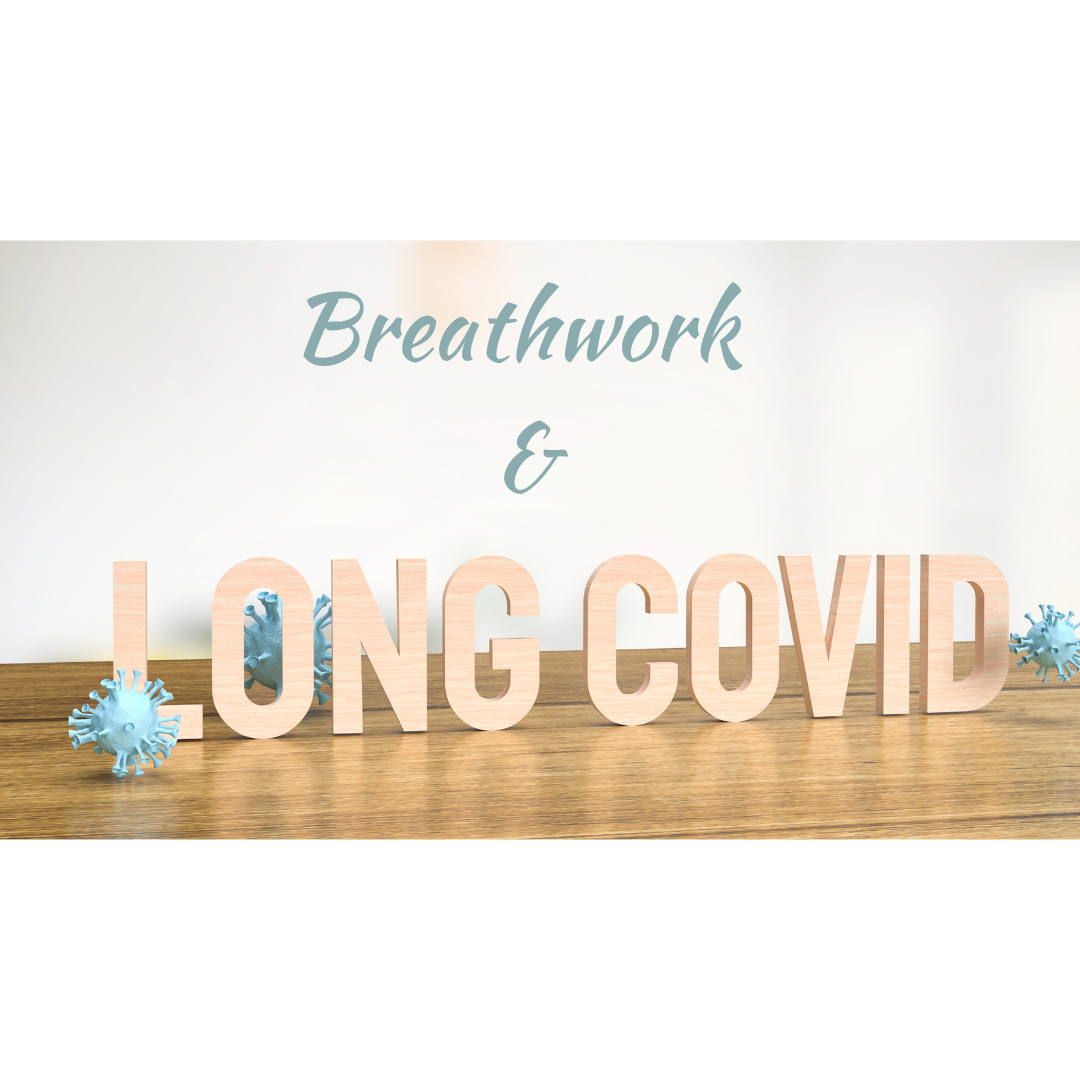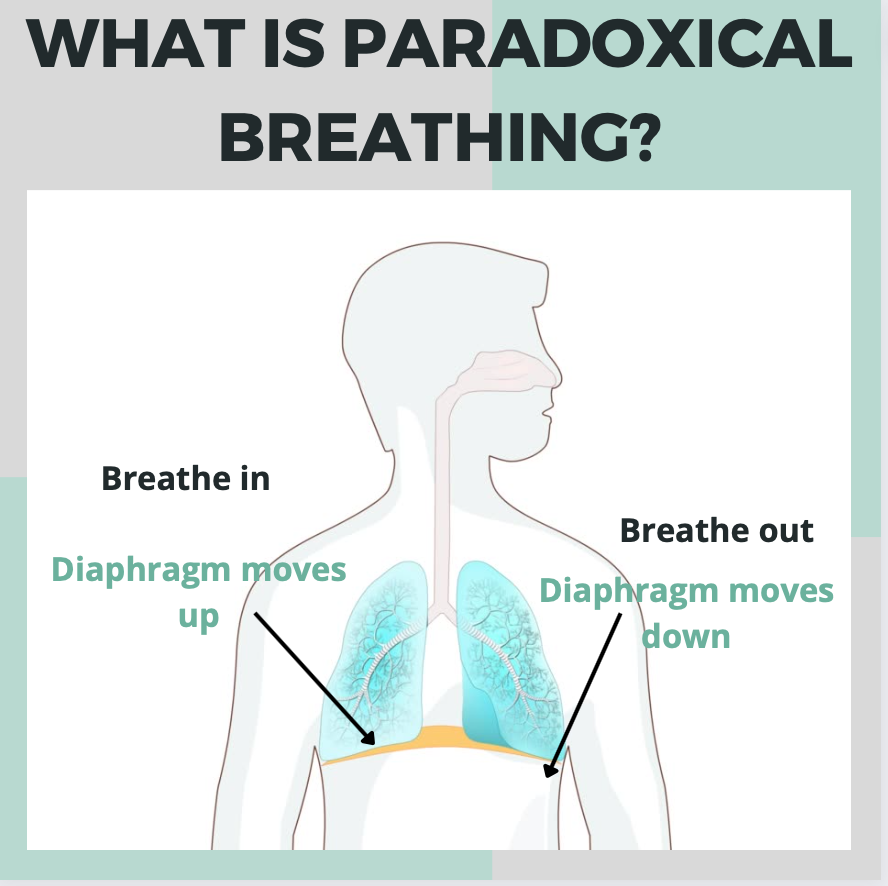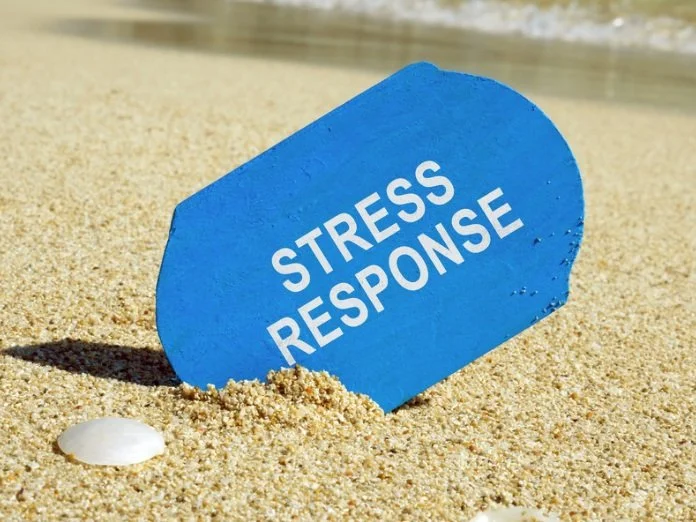
Blog
How Mantra Changed My Mind
So, discovering mantra, for me, was like combining my beloved best friend with my sister; it gently guided me to a deeper state of support. The softness, the stability and the deep connection I received from the practice began to transform my inner world, but in addition to that, it was changing the way I was thinking and ultimately how I was showing up in my life.
The Power of the Exhale: The Science and Spirit of Release
The breath is a powerful and graceful dance of both the inhale and exhale. Attention must of course be given to both aspects of the breath, however, the exhale can often be the unsung hero of this auspicious pair. We can become overly focused on cultivating our vitalising and nourishing inhales, which support us in drawing in and activating our life force energy, however without a functional exhale there is no chance of fully optimising the effectiveness of the inhale. It is the exhale that largely governs the pace, the pause, and the possibility of truly functional respiration.
So how do we improve the effectiveness of ‘the release’?
Communicating with Compassion – A Fundamental Pillar of Wellbeing
Communicating is one of the fundamental functions that make us human. The ability to relate with yourself and others plays a pivotal role in relationships and ultimately will have a major impact on overall wellbeing.
When we learn to communicate with the language of compassion and connection from the heart, we learn to live and respond from a deep seat of centred authenticity and empathy.
Breathe Yourself to Better Sex - the breathing-sex connection
Sexual performance is definitely part of the conversation when reflecting on overall health and wellbeing, with performance between the sheets being one of the key indicators of specific health challenges we may be facing.
Regulate to Educate
Does telling someone to “just calm down” work when they are in a heightened state of emotional overdrive?
Just as it is impossible to get someone to calm down simply by telling them to, this notion of asking, or demanding attention and stating the importance of concentration, is rarely successful. Why? Because the how is not demonstrated and the body and the mind is in a state of dysregulation, making focus and concentration impossible no matter how many times you encourage it to be otherwise.
Is it Time to Befriend Your Mind?
Why is it that we accept the voice in our head that constantly tells us we are not good enough, not clever enough, not athletic enough, not capable enough? Often there is an ongoing internal narrative that guides our every choice, every action, and every behaviour. It does not derive from truth but purely from negative patterns that have become somewhat trapped in our physical, energetic and mental states of being.
How Breathwork Changed My Life…
Transporting myself back in time, I remember the fear, the anxiety, the panic, the overthinking, the physical pain, the inability to cope with life, the low immune health, the sadness and struggle I felt most days. The dysregulation in my nervous system was palpable and my coping strategies were far from helpful. I was, like so many others, just a bystander in my own life, going through the daily motions but minus any deep-seated joy.
I Can’t Get No Sleep!”
A chronic lack of sleep is linked to many lifestyle diseases such as obesity, diabetes, heart disease and weaker immunity. The back door to achieving a state of deep rest is through functional breathing during the day and learning how to use the science of the breath to soothe the nervous system and optimise the transition into deep rest.
Are you in for the long haul? Recovering Your Health after COVID-19
Are you still struggling from a recent COVID infection? Do you appear to have lingering symptoms (commonly referred to as long COVID) such as shortness of breath, fatigue, rapid heart rate (tachycardia), persistent coughing, dizziness, brain fog and the associated anxiety and fear that surrounds the uncertainty of the illness? Are you just not feeling entirely, right?
Could breathwork provide a vital link in supporting the journey back to health after infection? Researchers at Mount Sinai would indicate that the answer to this question is yes.
Breathing for Athletic Performance
In athletic competition this element of breathing for health, performance and focus has largely been overlooked by most training programs, with a failure to make the correlation between your efficiency of breathing day and night and the effect this will have on your overall health and therefore, your optimisation of performance.
Learning to Meditate
Why then do people find it so hard to meditate and therefore give up on the idea before the benefits begin to really take shape?
One of the biggest restricting factors is often that people will seek to completely empty the mind, this form of meditation can occur in the deep spiritual realms of objectless samadhis, but it is not a realistic focus for those starting a mediative practice. In fact, attempting to still the mind will undoubtedly create the conditions for sending it into a frenzy!
What is Paradoxical Breathing?
Paradoxical breathing is a type of dysfunctional breathing pattern. In regular, functional breathing, when we inhale, our diaphragm contracts and descends, drawing air into our lungs. When we breathe out our diaphragm returns to its resting position encouraging air out of the lungs. An individual with a dysfunctional, paradoxical breathing pattern will experience the opposite, with the diaphragm moving upwards on the in breath and slightly downwards on the out breath.
What is Sleep Apnea? Can Buteyko Breath Re-education Help?
Do you wake from sleep several times during the night? Has your partner mentioned chronic snoring or concern that breathing actually stops during sleep? Do you wake up feeling unrefreshed and suffer brain fog, inability to concentrate and sleepiness throughout the day?
Sleep apnea is the “cessation of breathing during sleep from more than 10 seconds, caused by the collapse of the airways”. (Buteyko Clinic, 2020)
Calm the Monkey in the Mind through Breathwork and Meditation
We all have a monkey in our mind, it swings from thought branch to thought branch every moment of every day. Our minds are constantly seeking the next stimulus, busy moving rapidly from one task to the next. This is not necessarily a bad thing as we need to process optimally to successfully complete our daily tasks, but when that monkey takes over and gives you absolutely no peace it is time to ask the question - “is your monkey running the show or are you?”
Optimise Your Breath and Optimise Your Health
Breathing – can we really be doing this wrong?
As a breathwork instructor, this is the question I get asked the most. Commonly people will respond with:
“It’s not that hard, I breathe in and I breathe out, I am pretty sure I do not need an instructor.”
The Ionic Detox Experience. Cleansing your way to optimal health
Disease and illness thrive in an acidic environment.
Re-educating the Stress Response
“Between stimulus and response there is a space. In that space is our power to choose our response. In our response lies our growth and our freedom.” (Victor Frankl)

















